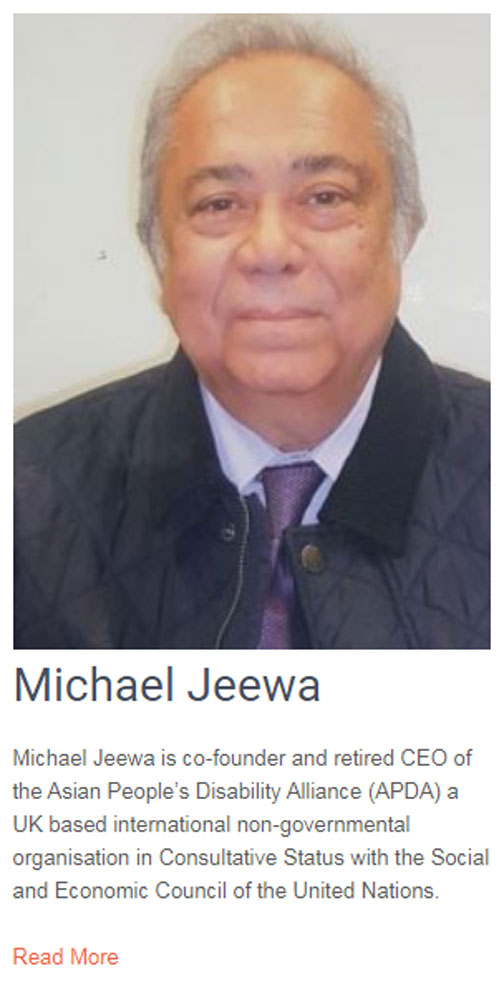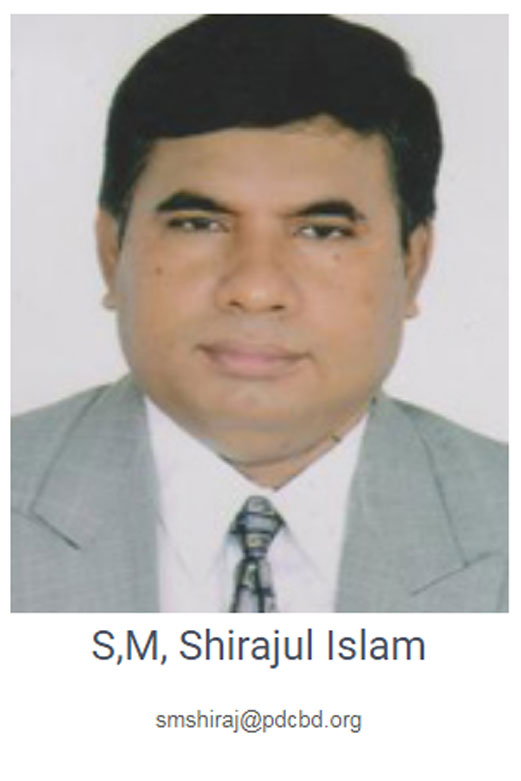Challenges and Opportunities in Bangladesh
Good governance and human rights
The local government system is considered weak and insufficiently mandated and resourced, and effective decentralization and devolution of decision-making and resource allocation is a slow process. Strengthening of local government is vital for improving public service delivery to the country’s vast population, especially for those living in small towns and rural areas.
The Government of Bangladesh has a stated policy of “zero tolerance” against human rights abuses, but major abuses of human rights, including extra judicial killings by law enforcement agents, custodial deaths and torture with impunity, unwarranted arrests, violence against women, discrimination against indigenous peoples in land and access to justice, child labor and disregard for prisoners’ rights etc., persist.
There some positive developments which have helped strengthen the democratic governance in the country. the establishment of a National Human Rights Commission; the strengthening of women’s rights, a National Children’s Policy, the passing of Right to Information legislation and the establishment of an Information Commission.
Climate change and geopolitical challenges
Key emerging challenges include increased vulnerability to natural disasters and climate change adaptation, accompanied by a rapidly growing urban population. Situated in a low lying delta and with a very high population density – 150 million people in an area only 144,000 square kilometers – Bangladesh is extremely vulnerable to natural disasters including floods, cyclones and tidal surges often with catastrophic consequences. In the coming decades, the global sea level rise is expected to inundate land areas in the Southern part of the country displacing people living on marginal lands along the coast and rivers and in low-lying lands.
Lack of regulation and control of massive water, air and soil pollution in and around Dhaka and other major cities is a growing problem affecting the live ability and public health conditions for millions of people. By 2025 half of the population is expected to be living in urban areas, and Dhaka is one the world’s fastest growing megacities today. Land resources are scarce, and access to and ownership of land are characterized by a high level of inequity, increasing conflicts over land rights as well as widespread land grabbing.
Impressive economic growth – and constraints
Bangladesh has experienced strong economic development over the past decade. Economic growth is progressing at a steady rate of 5–6 percent per year on average since 2004. The twin drivers of the economy are robust remittances mainly from the Middle East and exports with the garment sector contributing two thirds. The impact of the global economic crisis has been relatively limited and prospects of continued growth are relatively good.
Although half of the GDP is generated by the service sector, agriculture with its 20 percent share remains the mainstay and employs half of the working population. The economy is gradually shifting from agriculture to manufacturing.
The greatest constraint today lies in energy production, which, although investments have been made, remains insufficient to keep pace with growth in manufacturing. The garment and manufacturing sectors offer good prospects of generating employment and underpinning economic growth, but they require structural and infrastructure support to do so. It is estimated that the annual economic growth is 2 percentage points lower than the potential due to lack of sufficient energy.
Inflow of foreign direct investments remains small and stable just below USD 1 billion. Improvement of the general business environment, including combating corruption, is required to boost private investment. Widespread corruption in the public and private domain continues to be of great concern.
Bangladesh has one of the lowest tax revenue collection ratios in the world and there is a great scope for improving public revenue generation through modernizing and improving tax collection systems in the country.
Working conditions and labor rights
Industry growth in Bangladesh has been a key factor in reducing poverty, notably by creating employment in the garment sector for women. However, it remains a major concern that at some factories, wages and security are at unacceptable levels. Less than 5 percent of the workers are organized and the existing trade unions are weak and fragmented, especially when compared to the often well organized and resourceful employer’s organizations.
While regulations are in place on issues such as fire and building safety, compliance is a serious concern. Government inspectors are understaffed and underequipped. Widespread corruption makes it possible for culprits to escape inspection and sanctions. This only enhances the duty of stake holders to strengthen CSR and inspection schemes to compensate for inefficient Government control and impunity.
External assistance from development partners
In recent years, the annual aid flows to Bangladesh were approximately USD 1.2 –1.5 billion. The World Bank, the Asian Development Bank, Japan, the United Kingdom, the USA and the European Union are major donors in Bangladesh.
Currently, aid accounts for approximately 40–45 percent of the country’s annual development plan, including social and infrastructure development. Aid flows are expected to grow over the next five years with the UK announcing a doubling of its assistance. Besides the traditional multi and bilateral development partners, there are also new large emerging development partners such as China and India, which are providing assistance mainly in the form of credit lines and infrastructure loans. Bangladesh is, however, not an aid dependent country in terms of financing with the total aid accounting for less than 2 percent of GDP. (Source: DANIDA)










